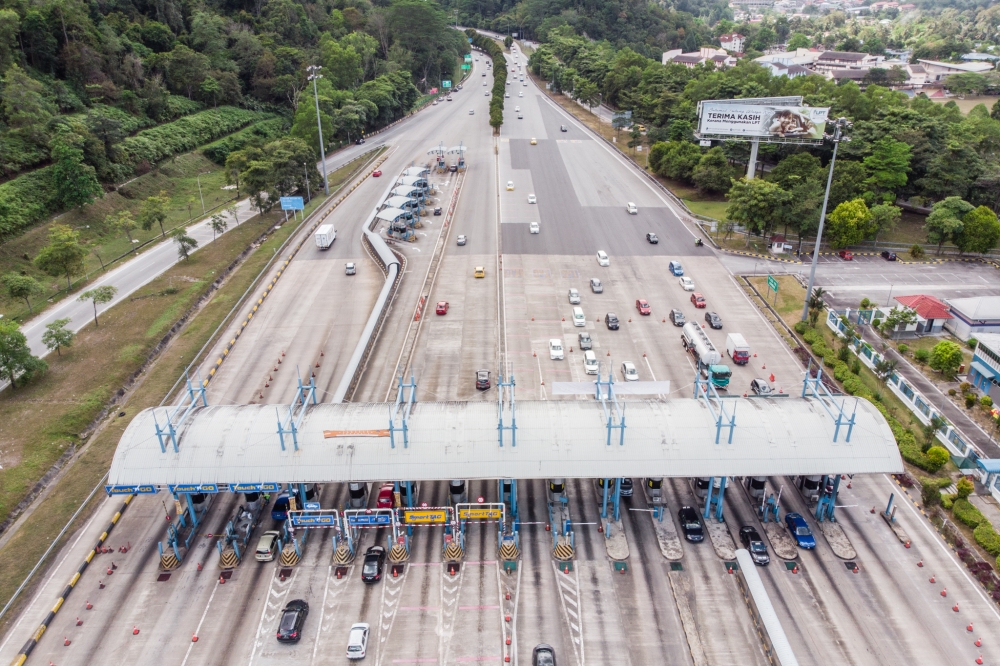COMMENTARY, Feb 3 — The extension of the movement control order (MCO) announced yesterday has now been accompanied by government sources suggesting that all business sectors could be allowed to reopen.
While we have had many, this must be the surest sign that authorities have reached their wits’ end on how to contain the pandemic and are shifting their focus to nursing the economy back to health instead.
It begs the question of why the MCO was imposed in the first place, especially when it has been modified to the point of being unrecognisable from the strict lockdown that it had been last year.
After three weeks, where do we stand? When the prime minister addressed the nation on January 11 to announce the order, he delivered a dire warning that the country’s health system was at its “breaking point.”
New cases on that day were 2,232. Every day since then, however, cases have been higher. Over the past week, some days were over 150 per cent higher.
Across the past 21 days of MCO, Malaysia added 78,110 more Covid-19 infections.
For perspective, it took the country from the end of November until the start of this MCO — 47 days — to collect the same number of cases. In fact, it took us from last February to the middle of December — over 300 days — to hit our first 78,000.
We have also come to learn that our “new daily cases” are not real-time, and that this data has been corrupted by reporting that was over a month late. Even this one — admittedly flawed and limited — constant is no longer reliable.
Yet somehow we are no longer at a “breaking point” and it will soon be safe to reopen all businesses? What has changed significantly since January?
If our laboratories are now able to process more tests, we should not be seeing these backlogs. If it is because Covid-19 patients may now be treated at private hospitals, the government must realise most Malaysian cannot readily afford this?
If we are indeed in a better state, then the government would certainly assuage many fears by informing us how and why.
Finance Minister Datuk Seri Tengku Zafrul Abdul Aziz said last month that this iteration of the MCO is costing the country around RM600 million a day, lower than the RM2.4 billion estimated last year.
However, it increasingly appears that it has cost us nearly RM13 billion over the last three weeks for no significant gain.
This is not to diminish the concerns of the business sector about how the MCO has been and continues to be devastating, to the point of forcing many into insolvency.
The point is that the entire country cannot afford to keep lurching from one ambiguous MCO to the next, with no concrete plan to manage the pandemic until vaccines arrive in large enough quantities to be useful.
It also cannot be just to remind Malaysians to observe the SOPs and, soon, to menace us with greater penalties for any failures.
Because without substantive measures to contain the pandemic, fines for SOP violations will be little more than a stealth tax until the country is vaccinated.



















